Gardening For Everyone
Gardening is for everyone, or at least we would like to believe that. After all, it is America’s number-one hobby. Some of the people who are not able to participate in all that nature has to offer may include older adults, people with allergies, individuals who are physically unable to work in the garden and others with special needs. How can we change the marketplace to reach everyone who is truly interested in reaping the benefits of nature and at the same time make the world a little more enjoyable for those who just want to sit and admire our handiwork?
Benefits Of Gardening
A connection with nature has been proven to be good for us. Although we may not always be aware of why we are drawn to nature, current research has validated what we take for granted.
Research psychologists have shown that patients recover from illness sooner and are released earlier from the hospital when they have a view of nature. Studies conducted in 2002 showed that children residing in cities concentrate better and have a better outcome in school when there are trees in these settings. Additionally, 2002 work showed both men and women live longer when they have access to walking paths in nature areas, such as parks, and tree-lined streets near their residences. This and other research has proven that we, as Edward Wilson has described in his book the Biophylia Hypothesis, have been connected to nature for thousands of years. Our involvement with nature is essential to maintain our physical, social, psychological and spiritual well beings.
Providing Opportunity
Given that people are inherently drawn to nature, how do we make it easier for everyone to be a part of this industry?
Garden centers can fill two roles: offering the right products and creating special-needs display gardens. Necessary products can be anything from the mundane to the robotic. Bricks to make smooth, hard garden paths are just as necessary to a wheelchair-bound gardener as pollenless plants are to the allergic or telescopic tools are to little people. More important than carrying every gadget or product is catering to the local population and providing basic products that will enable these people to enjoy nature.
But special-needs gardening is not a build-it-and-they-will-come proposition; you have to do more than stock shelves for gardeners to think of opening this hobby to other than the physically fit. Instead of the same hummingbird garden you always create, why not include some of your new products in that garden? For example, make the garden attractive to both hummingbirds and the elderly, create a shade garden that is easy on the allergies or build a cottage garden that can be tended by someone dependent on a cane.
These demographics are definitely underserved and might just be looking to spend all or part of their leisure time enjoying nature with family and friends. This could be a very large market for years to come.
Physical Limitations
The ability of a person to bend, reach or get down into the soil can be limited by age, physical disability or ailment. We can help people with such challenges stay actively involved in gardening by offering a variety of gardening opportunities. Raised planters are just one example: There are multitudes of decorative pots and containers in different heights and sizes. Raised wooden planters and elevated potting tables also allow people in wheelchairs the ability to grow vegetables and perennials. Of course, there are also solutions for other challenges people may have.
Allergens. Low-allergen and non-toxic plants should be used whenever possible. Ground covers may be used in place of organic mulch, which may harbor mold. Garden furniture that is chemical free can also be offered as an alternative. The Cornell Cooperative Extension Web site contains information regarding toxic plants, integrated pest management and information related to the reduction of harmful chemicals in the environment and around buildings (www.nysipm.cornell.edu/program/index.html). The article “Low-Allergen Landscapes Nothing To Sneeze At” by Audrey Bateman (www.djc.com/news/en/11156159.html) provides additional information on the subject.
Accessibility. Creating gardens that are universally accessible for all individuals is important. Gardens can be designed in ways that say, “All are welcome.” Paving materials that create smooth, level walks are an essential component to provide access into the garden. Garden furniture that is appropriate for people with special needs makes spending time in the garden more enjoyable. A bench or chair should have side arms to allow a person to lift him or herself off the seat. And the seat of the bench should be relatively flat so a person does not sink back into the bench or chair. Handrails that offer physical support can be designed to look like garden furniture.
Shade. Shade is a critical element in a garden, especially if a person is on medication or recovering from an illness. Shade structures encourage people to spend time in the garden. Some of these structures can be equipped with ceiling fans that help keep a person cool, and decorative, low-voltage lighting is a good excuse to sit outside longer in the summer evenings. And do not hesitate to recommend shade trees that provide natural shade as well as visual interest and a habitat for wildlife.
Socialization. Gardens should be designed and embellished with garden features that offer year-round interest. A person who may not be able to go outside can still enjoy the garden while sitting on a porch or patio. Plants that attract hummingbirds, butterflies and even squirrels can offer hours of entertainment. This connection with nature promotes socialization and helps people stay connected with the world around them by watching the changing natural scenery throughout the seasons.
Education
There is a great deal of information and material available to help make gardening accessible for most everyone. Informing people that gardening can be enjoyed by all and helping make that possible will ultimately be of benefit to everyone. After all, we are inherently drawn to nature and take pleasure in all it has to offer through gardening. Expanding the opportunities to participate in gardening can bring great pleasure to the people we serve.
Education can be a powerful tool in persuading people that they can garden throughout life. People who are allergic to a variety of elements within the outdoor environment can be shown ways to create outdoor environments that are safe for use and enjoyment. Providing in-store seminars, brochures and guest lecturers can provide information on how people can modify their gardens to allow them to participate more fully.





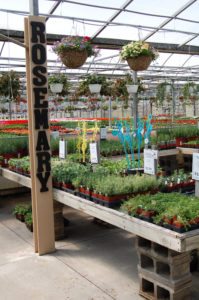
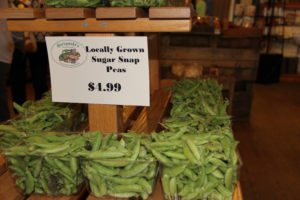
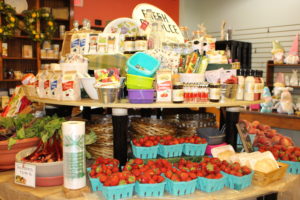
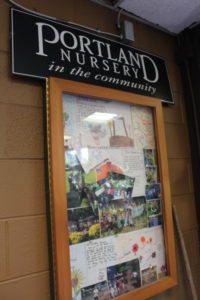
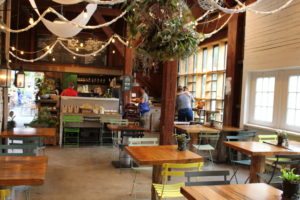

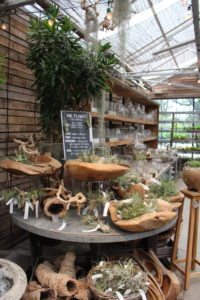
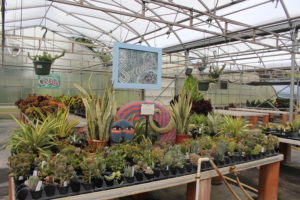
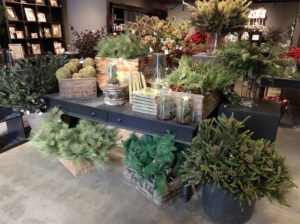
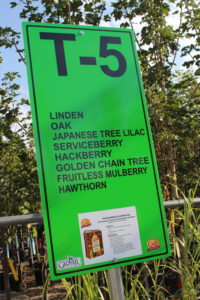
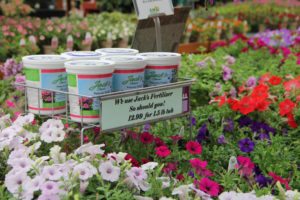
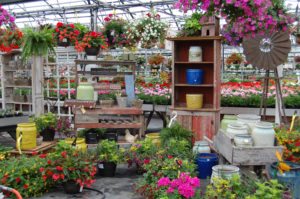
 Videos
Videos





